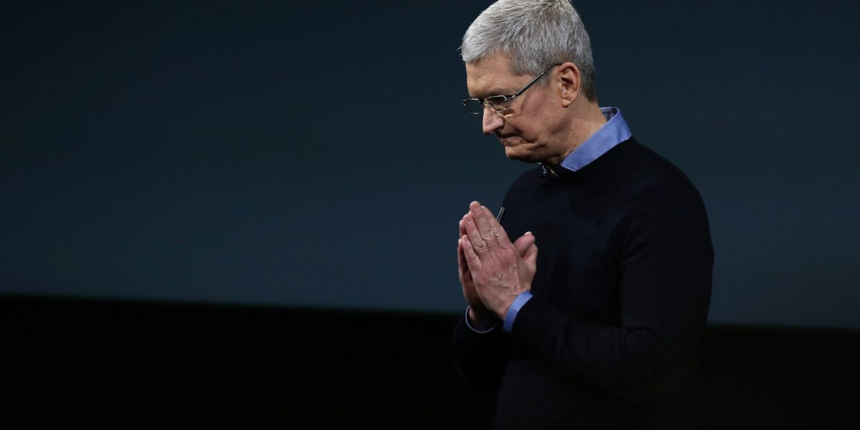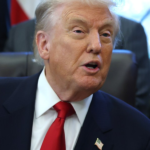Yet for fast-rising executives watching closely, a cautionary tale is unfolding—one that underscores how easy it is to undervalue a proven leader, especially during moments of upheaval.
Some see internal successors as Apple’s answer, but that, too, carries its own risks. A new CEO would need to prove themselves both inside and outside the company while crafting an AI strategy from scratch. That’s a tall order even in stable conditions. At Apple, with its fiercely protective culture and sky-high investor expectations, it’s a recipe for internal friction and strategic drift.
The mark of great leadership isn’t the ability to navigate smooth markets; it’s recalibrating through disruption. Dismissing that ability too soon risks sabotaging a history of proven wins for an unproven promise of change.
As Solomon’s case at Goldman shows, leadership redemption is possible, and sometimes the savvier move is giving seasoned leadership the runway to adapt and deliver once again. While Cook’s stewardship will almost certainly need to evolve (and quickly), betting against a leader who has repeatedly outperformed expectations could be a costly mistake in the long run for Apple.









